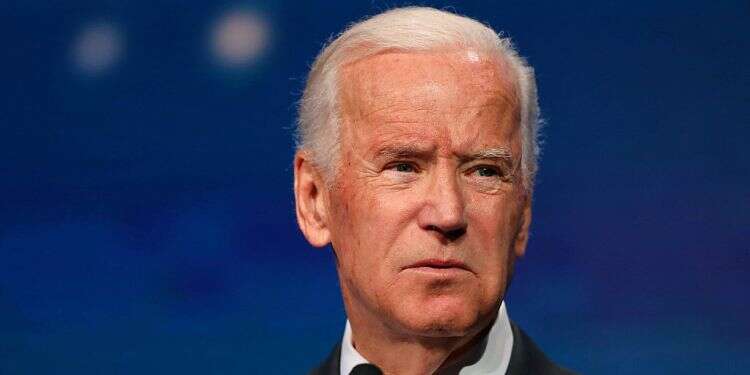With Democratic presidential candidate Joe Biden currently in the lead in the president election, moderate Sunni Arab states fear the possibility a Biden administration will forge a new nuclear accord with the ayatollah regime in Tehran, a move that could serve to intensify instability in the Middle East.
Senior officials from these moderate Arab states tell Israel Hayom that their concerns stem not from Biden's expected foreign policy, but from the individuals in his cabinet.
Follow Israel Hayom on Facebook and Twitter
According to a senior official from the United Arab Emirates' capital of Abu Dhabi, "There is a great deal of concern that an American administration under Joe Biden would remove sanctions on Iran imposed by the Trump administration and strive toward a new deal with Iran. Such a step would result in the radical regime in Iran being able to possess nuclear weapons within a short period of time, and threaten the stability of the entire region. The removal of sanctions on Iran would lead to the ayatollah regime being able to continue to fund radical Islamist terror organizations, which threaten the world order, and not just the Middle East."
In Egypt and Bahrain as well, senior officials admitted they were hoping for President Donald Trump's re-election, and that there were serious concerns a Biden White House would result in the crumbling of the regional alliance forged between Israel and the axis of moderate Sunni states should a Biden administration act, as expected, to renew the Iran nuclear accord, and even reach a compromise with the Iranians on a watered down version of the deal.
A senior Egyptian Foreign Ministry official told Israel Hayom, "We have quite a few concerns. An administration under Biden could cause regional instability given Biden's, and particularly his advisors', apparent enthusiasm to forge a new deal with Tehran. In light of the Iranian threat, such a situation could lead countries like Sudan, Bahrain, and the UAE to not trust the US umbrella of support that was given them when they signed the treaties to normalize relations with Israel."
It should be noted that, according to diplomatic officials from the Gulf Arab states and senior Arab diplomats, a Trump loss could bring about the cessation of US-mediated talks for the normalization of ties between Israel and additional Arab states such as Saudi Arabia, Oman, and Qatar.
"It's already clear that if Biden is elected, the possibility of signing other agreements between Israel and additional Arab states like Saudi Arabia and even Qatar would be less likely," a senior Arab diplomat told Israel Hayom.
Nevertheless, there are those who presented an opposing and fairly surprising view to those who fear the impact of a Biden foreign policy on processes currently underway in the Middle East.
Subscribe to Israel Hayom's daily newsletter and never miss our top stories!
A senior Saudi official who spoke to Israel Hayom said there were in fact assessments that a Biden presidency coupled with concerns his government would seek a new deal with Tehran would in fact lead to a bolstering of the regional alliance forged between Israel and the moderate Arab states.
"Of course, most Sunni Arab states will hope for a Trump victory," the official admitted, "but his loss to Biden would only bolster the regional alliance with Israel, since the policies outlined by a Biden administration would lead to ourselves and Israel facing the Iranian threat, without the American umbrella [of support]."




